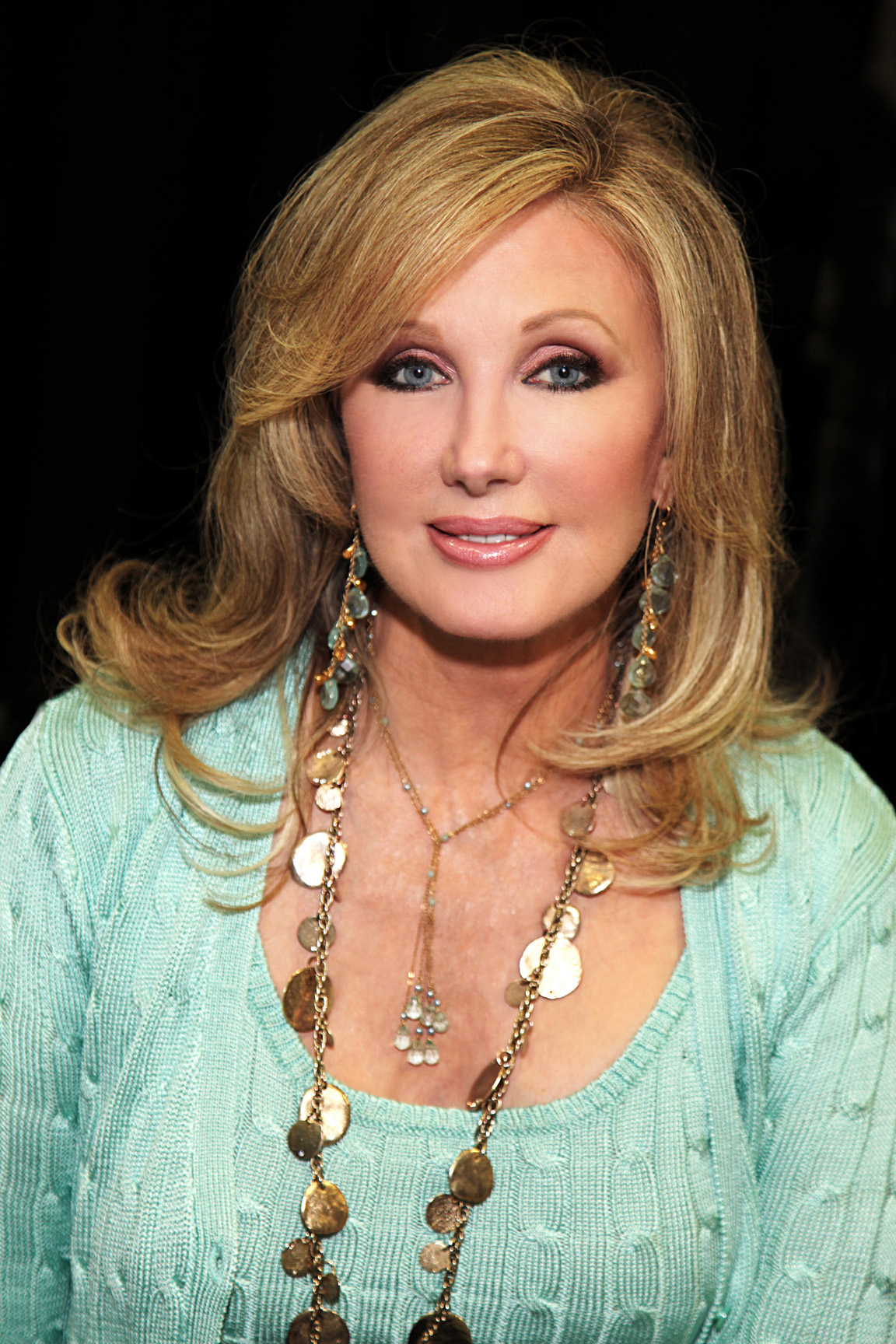Anderson
Explore the detailed timeline of Anderson, highlighting significant events and milestones throughout their life and career. Understand the key moments that shaped Anderson's journey and contributions to their field.
James Anderson's Supreme Court Appointment
James Anderson's appointment to the Supreme Court on March 3, 1917, marked a significant milestone in his career as a jurist. Anderson had a long and distinguished career in law, having served as a judge in various capacities before being elevated to the nation's highest court. His tenure on the Supreme Court was notable for several landmark decisions that helped shape American jurisprudence in the early 20th century.
Anderson Shelter Published
The Anderson Shelter was published on April 4, 1955, becoming a pivotal innovation during the World War II era. These shelters, named after the then Home Secretary Sir John Anderson, were designed to protect civilians from air raids. Made of corrugated steel and buried upright in gardens, they became iconic symbols of civilian resilience during the war, illustrating the home front's determination to withstand the Blitz.
Anderson's Theory of Localization
On May 17, 1970, Philip W. Anderson's groundbreaking theory of localization was widely recognized. This theory fundamentally changed the understanding of electrons in disordered materials, leading to new insights in condensed matter physics. Anderson's discovery provided a framework for explaining how electrons can become localized in a random potential, which has implications for the development of semiconductor technology.
Anderson v. City of Boston Court Case
In the court case Anderson v. City of Boston decided on June 19, 1987, the plaintiff, Anderson, challenged the city on grounds of civil rights violations. This case was a significant event in the area of civil rights law, addressing issues surrounding equal treatment and discrimination. The court's decision reinforced legal precedents regarding discrimination and helped shape the future of civil rights litigation in the United States.
Discovering Anderson Cooper's Journalism Career
On October 22, 1997, Anderson Cooper embarked on a transformative journey in journalism after joining ABC News. Over the years, Cooper rose to fame as a respected anchor and reporter, known for his insightful and impactful storytelling. His career has included covering major international events, conflicts, and disasters, bringing critical stories to global audiences. Cooper's work has been widely recognized for its integrity and depth.
Anderson's Response to 9/11 Attacks
After the tragic events of September 11, 2001, journalist Anderson Cooper played a pivotal role in reporting the aftermath. His coverage was characterized by empathy and determination to bring the human stories of survivors and victims' families to the forefront. Anderson's work during this period exemplified the critical role of journalism in times of crisis, providing essential information to the public and giving voice to those affected.
Anderson's Coverage of the 2004 Tsunami
Following the catastrophic tsunami on December 26, 2004, which affected countries in the Indian Ocean region, Anderson Cooper reported from the ground to deliver detailed coverage of the disaster's devastation. His reporting brought global attention to the scale of the tragedy and the humanitarian needs of the affected populations. Cooper's commitment to telling the stories of those impacted by the disaster underscored his dedication to humanitarian journalism.
Anderson Co-Chairs Global Philanthropy Forum
On November 4, 2008, Anderson Cooper was announced as a co-chair of the Global Philanthropy Forum, an organization dedicated to building a community of donors committed to international causes. Cooper's involvement underscored his commitment to global development issues and his influence in encouraging philanthropic engagement with global challenges. His work with the forum highlighted the importance of collaborative efforts to address complex international problems.
Anderson's Interview with Charlie Rose
On September 23, 2015, Anderson Cooper conducted a significant interview with journalist Charlie Rose, where they discussed the evolution of news media. Cooper's insightful questions and Rose's candid responses provided viewers with a deep exploration of how technological advancements and changes in consumer behavior have transformed journalism. The interview was lauded for its depth and highlighted Cooper's skills in extracting insightful perspectives from his interview subjects.
Anderson's Outreach During COVID-19 Pandemic
With the onset of the COVID-19 pandemic, Anderson Cooper became a prominent voice in informing the public about the evolving crisis. Beginning on March 11, 2020, his reporting focused on the health impacts, government responses, and societal changes caused by the pandemic. Cooper's empathetic style and reliance on expert analysis provided viewers with comprehensive and trustworthy coverage. His work during this time highlighted the critical role of media in public health communication.
Frequently asked questions about Anderson
Discover commonly asked questions regarding Anderson. If there are any questions we may have overlooked, please let us know.
What factors are influencing the Anderson timeline?
What is the timeline for Anderson's product launch?
Are there any delays expected in the Anderson timeline?
How does the Anderson timeline compare to its competitors?
Related timelines
More timelines connected to Anderson







